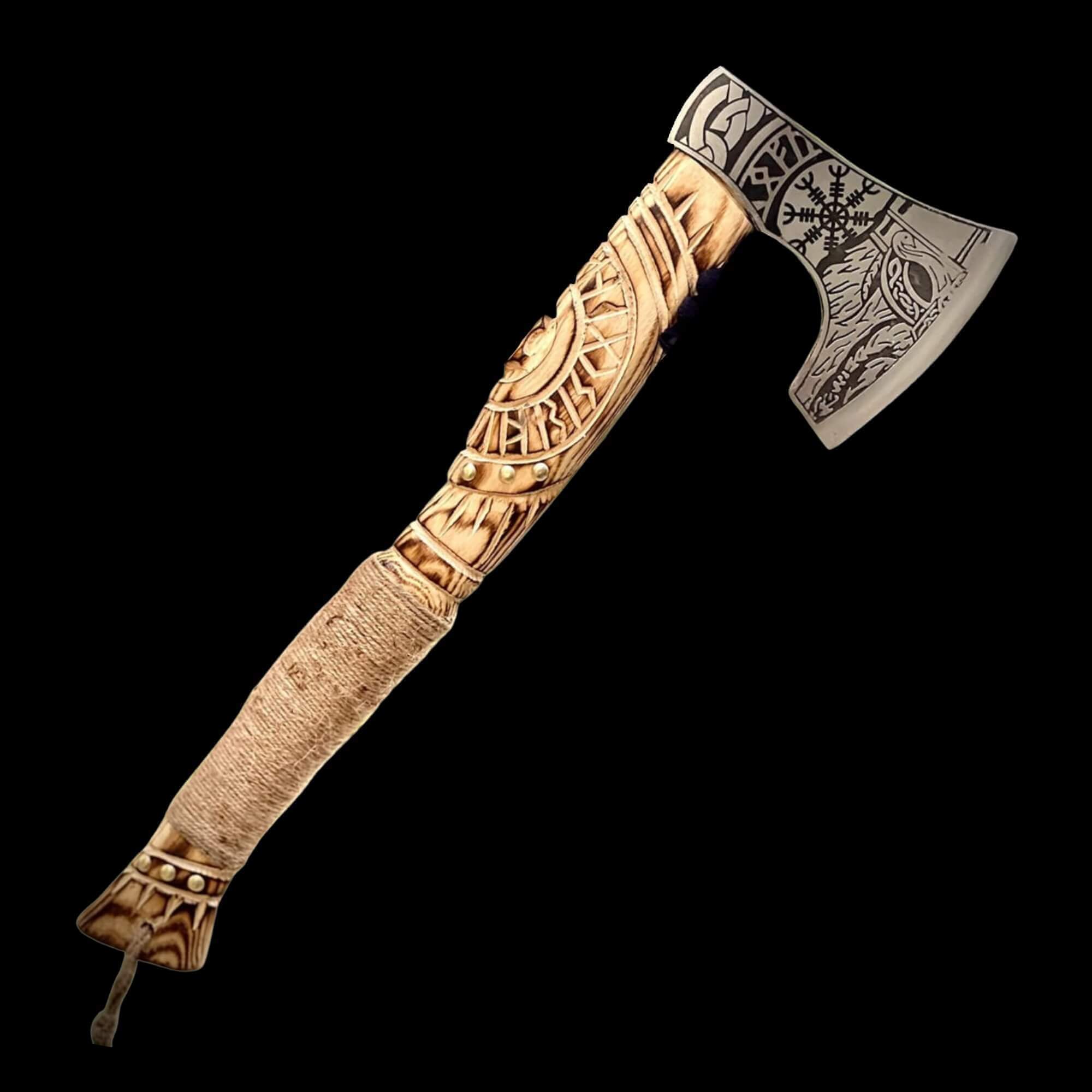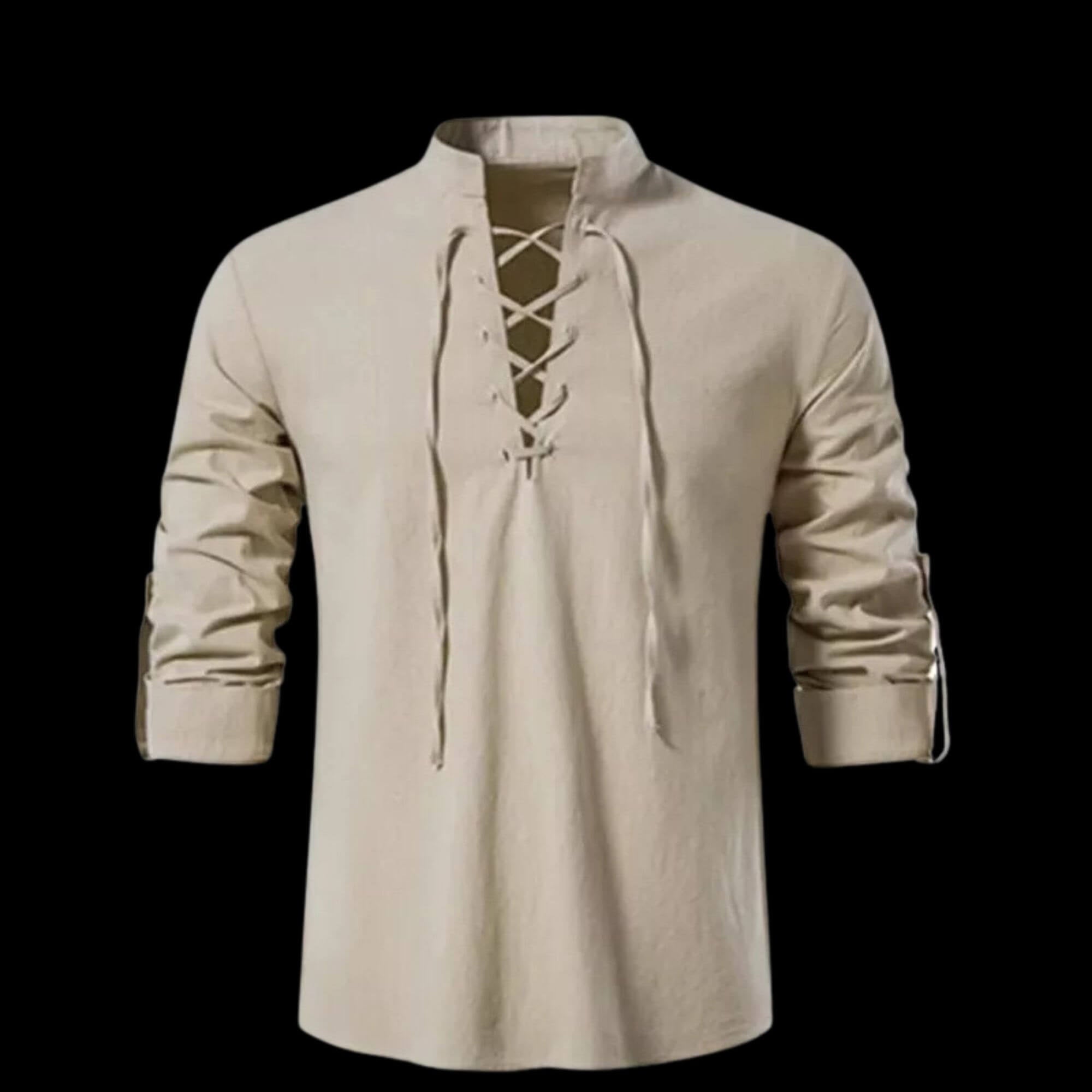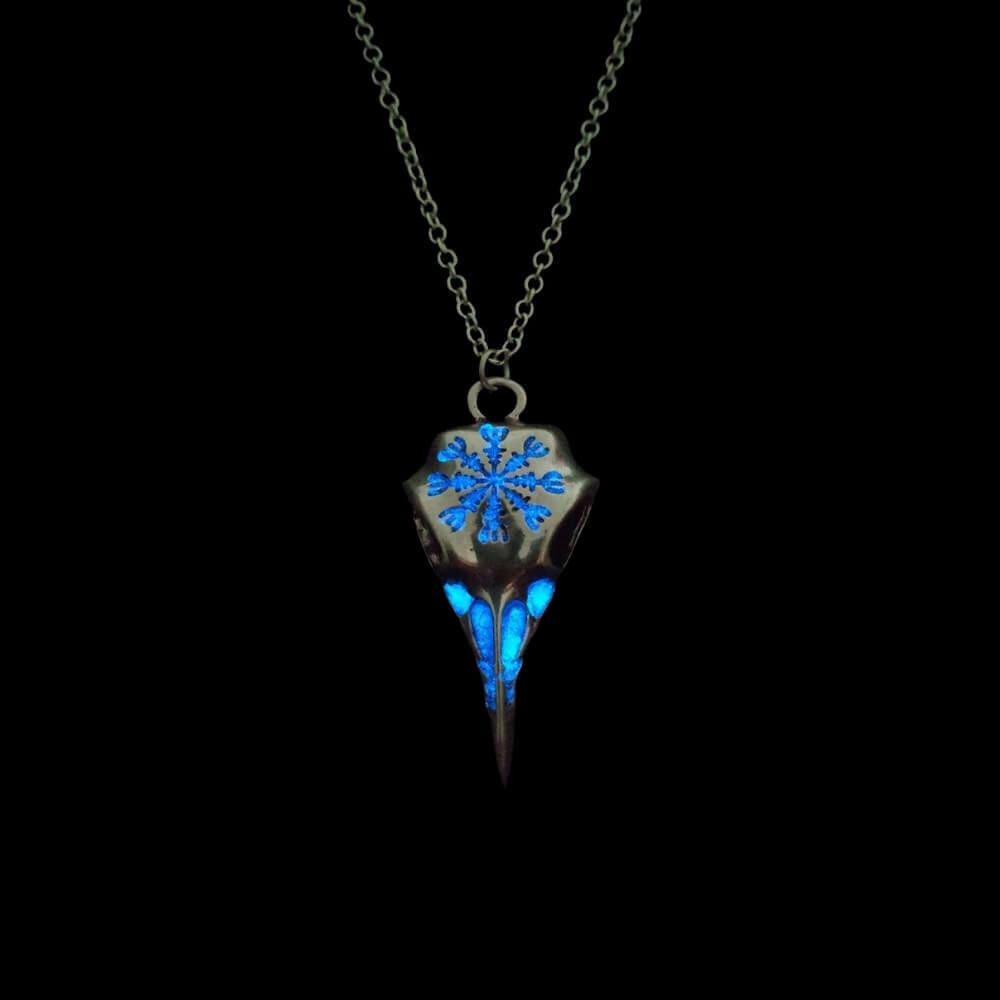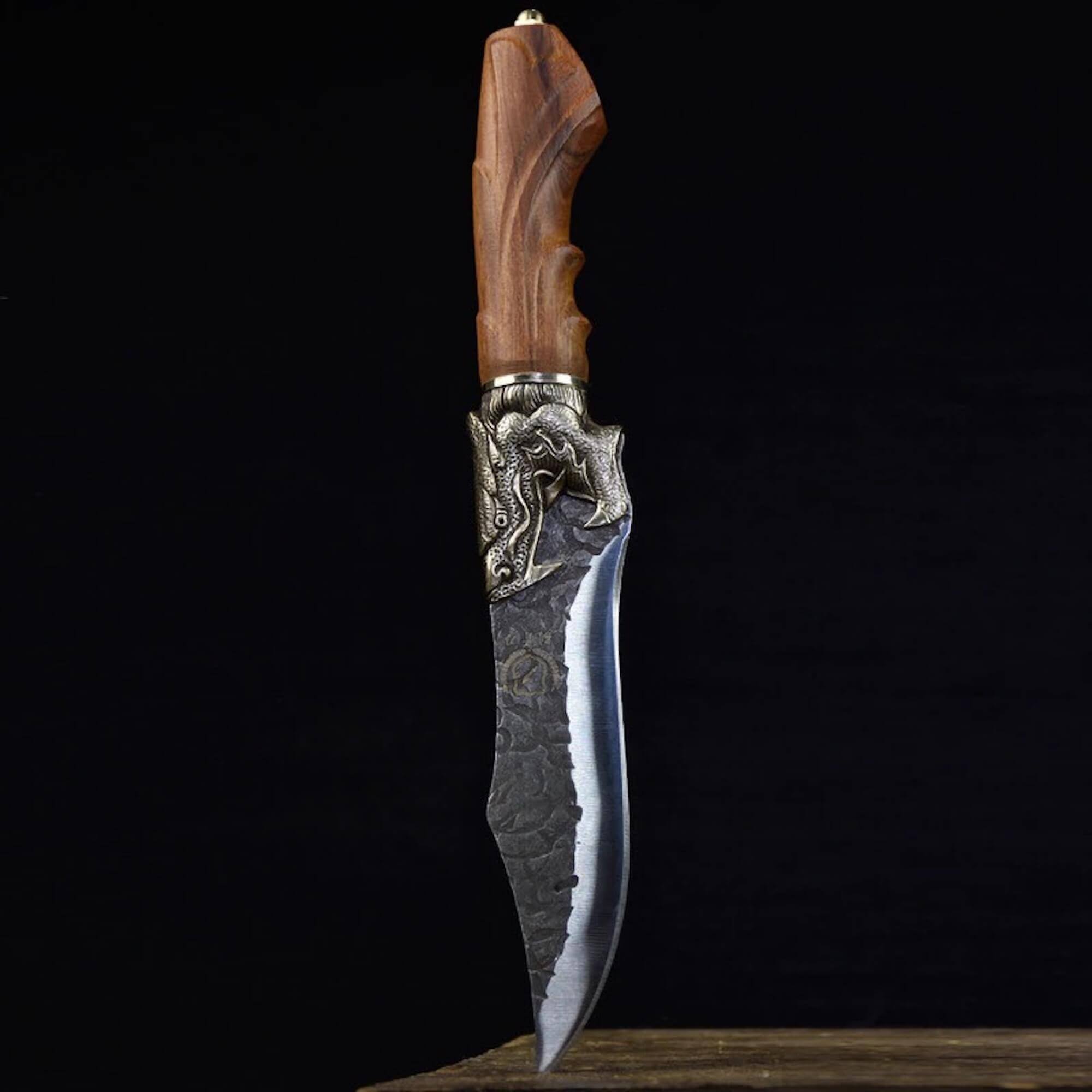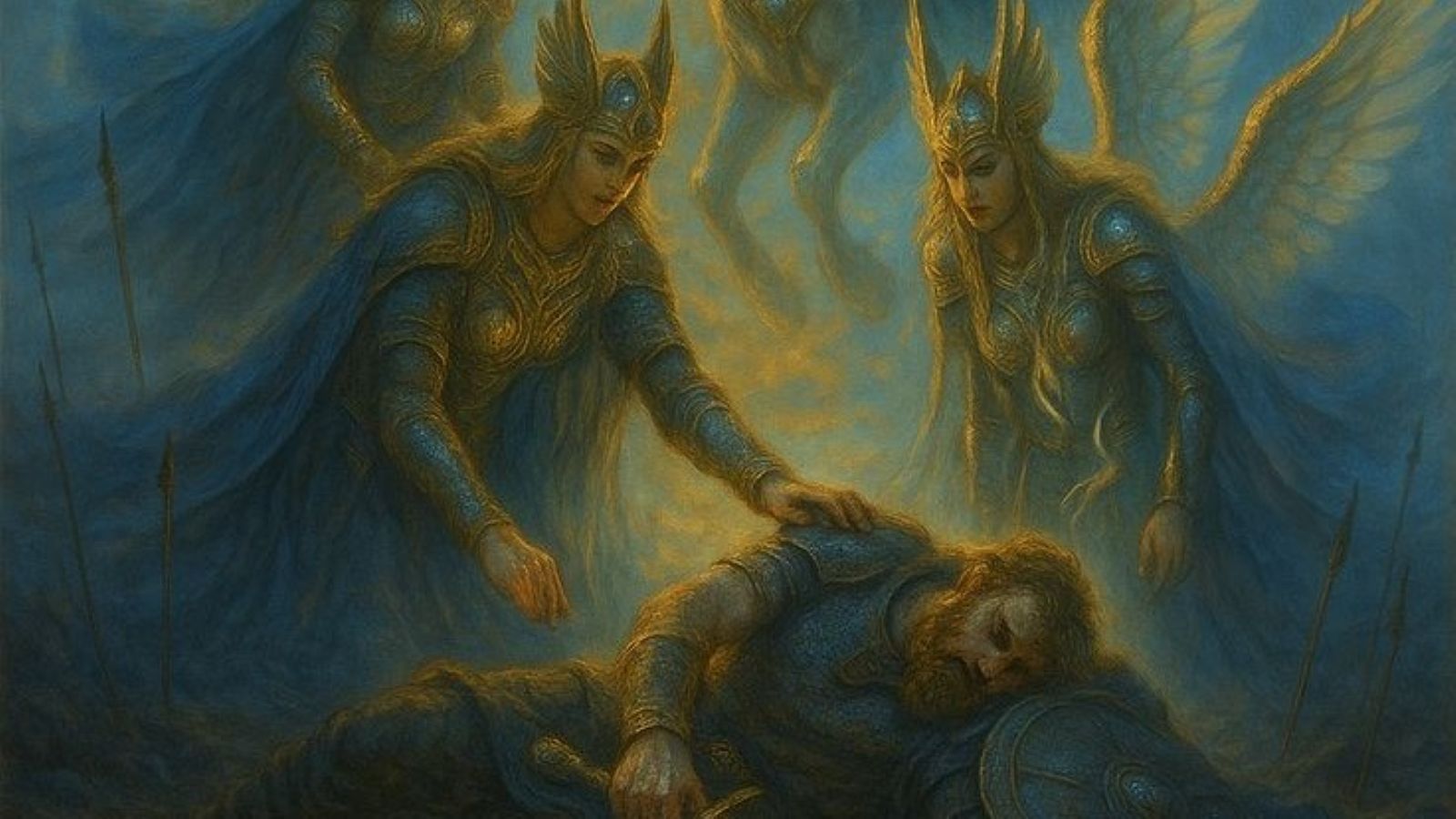
Valhalla – The Glorious Hall of the Fallen
Even for those with only a passing interest in Norse heritage, the word Valhalla likely sparks some recognition. Often depicted in films, games, and literature, Valhalla is one of the most iconic and enduring symbols of Viking belief—a place where fallen warriors feast, fight, and prepare for the final battle of the gods.
But beyond the popular imagery lies a concept deeply rooted in ancient Norse cosmology and honour culture.
What Is Valhalla?
The name Valhalla comes from the Old Norse word Valhǫll, meaning “Hall of the Slain.” It is found in Asgard, the realm of the Æsir gods, and ruled by none other than Odin, the Allfather. In this towering hall, Odin gathers the mightiest warriors—those who met their end with courage and steel in hand.
But not every warrior goes to Valhalla. According to tradition, half of those who die in battle are chosen by Valkyries, Odin’s shieldmaidens, and brought to his hall. The other half are taken by the goddess Freyja to her own field of the honoured dead, Fólkvangr. Both destinations are noble—but Valhalla carries a specific warrior legacy.
Interestingly, Valhalla was not only reserved for those slain in combat. Some heroic kings and champions who lived honourably, even without dying in war, were also said to have found their way to Odin’s hall.
A Warrior’s Paradise
So, what is Valhalla like?
Picture a massive golden hall with a roof made of shimmering shields, rafters forged from spears, and walls adorned with armour. Around its many feasting tables sit the Einherjar—the chosen dead—resting in armour, drinking from horned cups, and enjoying an eternal celebration of courage.
Every day, these warriors fight one another in glorious battle—not from hatred, but to sharpen their skills. Each evening, their wounds are healed, and they rise again to share a great feast.
Their meat comes from Sæhrímnir, a magical boar who is cooked and resurrected daily. Their mead flows endlessly from the udder of Heiðrún, a goat that grazes on the leaves of the World Tree. And all of this is served by the graceful Valkyries, who remain close to the warriors they once chose.
It is a cycle of honour, combat, and revelry that reflects the ultimate Viking ideal—life and death in service to purpose, not comfort.
Preparing for Ragnarök
Despite its glory, Valhalla is not an eternal paradise in the Christian sense. Its purpose is not simply reward—it is preparation.
The Einherjar train not for pleasure, but for Ragnarök—the final battle at the end of the world. When that day comes, Odin will ride to war, and his chosen warriors will march beside him.
Victory is not promised. In fact, legend says Odin and many of his warriors will fall. But in Norse belief, to fight a doomed battle with courage is the greatest triumph of all.
The Legacy of Valhalla
Valhalla is more than myth—it is a mirror of the Viking worldview. Life was uncertain, the gods themselves were destined to fall, but courage, loyalty, and honour gave life meaning. To die well was not an end, but a continuation of purpose.
And though few of us live by the sword today, the spirit of Valhalla endures—in the way we face our own struggles, rise after every fall, and stay true to the values we fight for.

